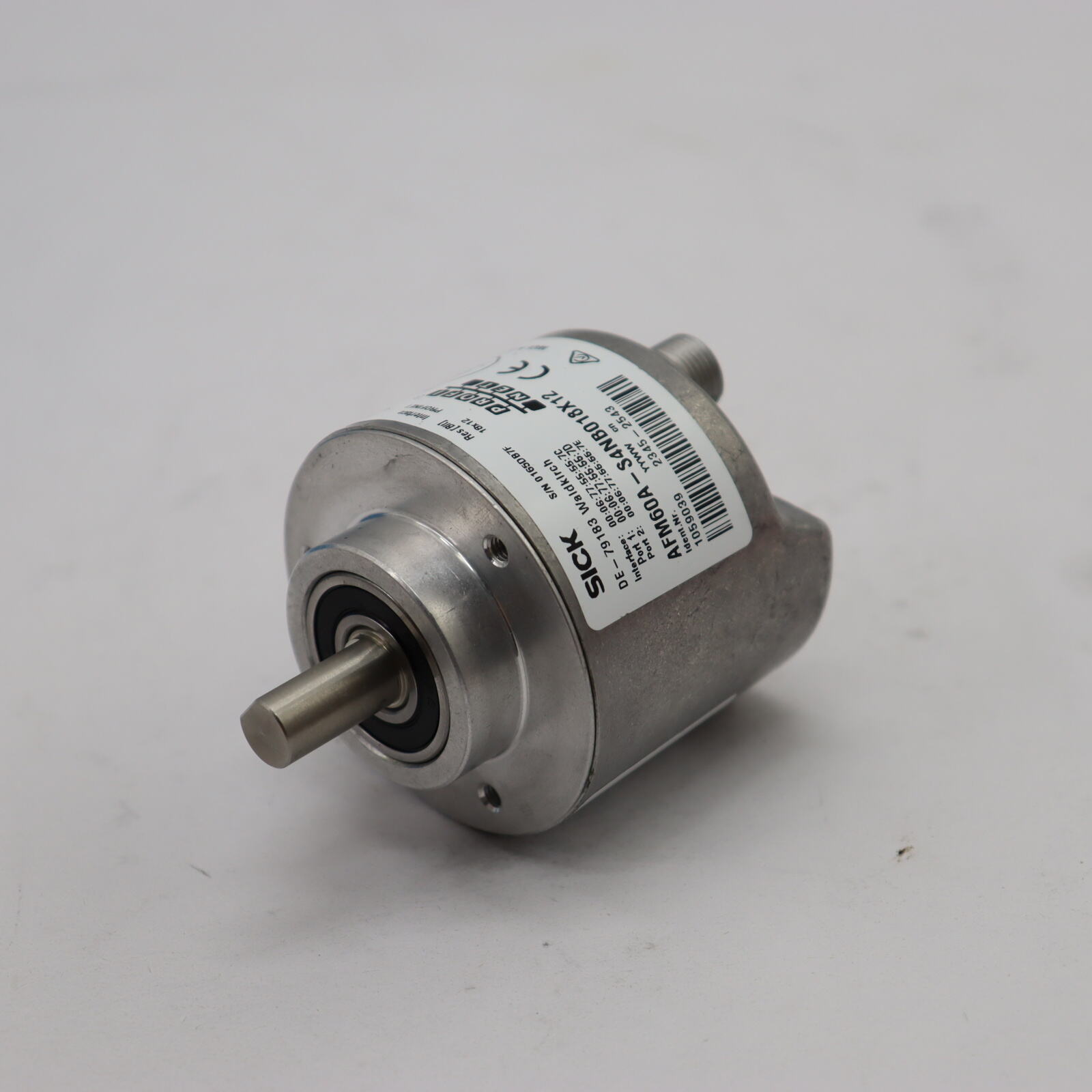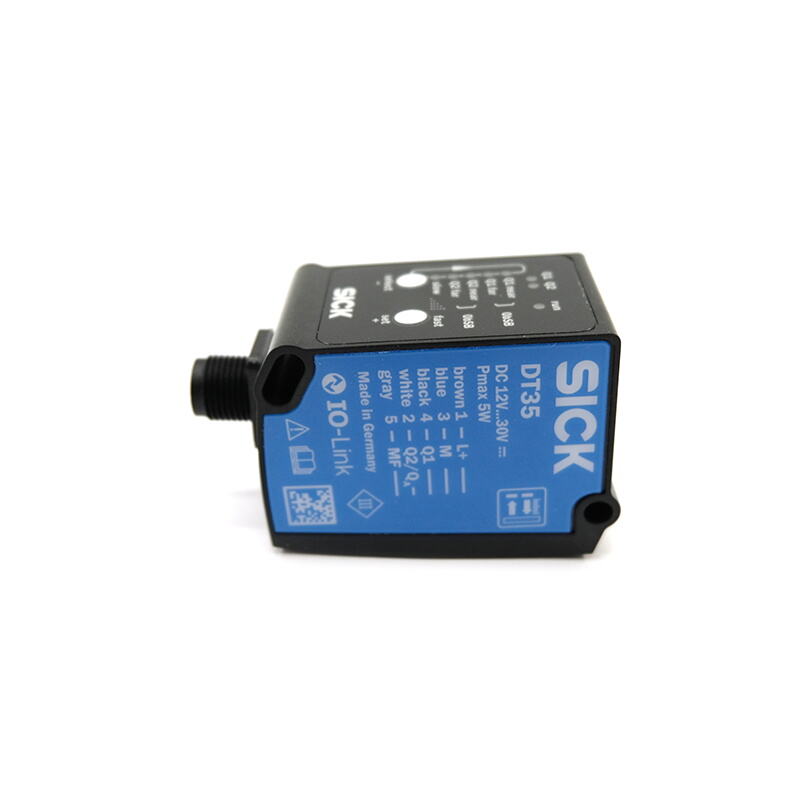Transforming Industry Through Intelligent Technology
The rise of smart sensors is reshaping the landscape of industrial automation. These advanced sensing devices go beyond simple data collection, integrating processing power, wireless communication, and real-time feedback capabilities. By delivering actionable insights directly from machinery and production lines, smart sensors are empowering businesses to streamline operations, improve safety, and reduce costs. As the backbone of Industry 4.0, they serve as vital enablers of predictive maintenance, energy efficiency, and autonomous decision-making systems. Their evolution is rapidly accelerating, making them indispensable in modern industrial environments.
The Role of Smart Sensors in Industrial Automation
Enhancing Machine-to-Machine Communication
Smart sensors enable seamless communication between machines by transmitting real-time data across interconnected systems. These sensors are embedded with microprocessors and wireless communication modules, allowing them to collect and transmit precise measurements such as temperature, vibration, pressure, and position. This level of data granularity improves synchronization between production units, reducing delays and optimizing performance.
Facilitating Data-Driven Operations
The ability of smart sensors to collect and analyze data at the edge eliminates the need to rely solely on central processing units. By performing edge computing, smart sensors reduce latency and ensure faster decision-making on the factory floor. This shift allows for more responsive and adaptive control systems, ultimately increasing overall productivity and reducing system downtime.

Key Advantages of Smart Sensors in Industrial Applications
Real-Time Monitoring and Predictive Maintenance
One of the most significant benefits of using smart sensors is their ability to perform real-time monitoring. They continuously track performance metrics and environmental conditions, detecting anomalies before they escalate into system failures. This predictive maintenance capability helps avoid unplanned downtime, minimizes repair costs, and extends equipment lifespan.
Improved Process Efficiency and Accuracy
Smart sensors play a vital role in maintaining process precision. They offer accurate measurements and immediate feedback, helping industrial systems to operate within defined thresholds. With consistent monitoring and self-calibration features, smart sensors reduce human error and enhance the repeatability of automated processes, which is crucial in sectors like pharmaceuticals and electronics manufacturing.
Types of Smart Sensors Commonly Used in Industry
Temperature and Pressure Sensors
These are among the most frequently deployed smart sensors in industrial settings. They are used in HVAC systems, boilers, and processing plants to ensure that operations remain within safe temperature and pressure ranges. Integrated with smart algorithms, these sensors provide alerts and initiate automatic shutdowns in case of unsafe fluctuations.
Vibration and Motion Sensors
Used predominantly in machinery diagnostics and maintenance, vibration sensors can identify irregularities such as imbalance, misalignment, or bearing wear. Similarly, motion sensors are essential in conveyor belt systems and robotic arms to track position and movement, helping to maintain synchronized workflows and ensure operator safety.
Integration of Smart Sensors With IoT Platforms
Building Scalable and Interconnected Systems
Smart sensors are foundational to the Industrial Internet of Things (IIoT). Their ability to connect to cloud-based platforms enables centralized monitoring, remote diagnostics, and cross-facility analytics. By integrating these sensors into IoT ecosystems, manufacturers gain a holistic view of operations and can scale automation solutions across multiple locations.
Enabling Predictive and Prescriptive Analytics
With vast data generated by smart sensors, IoT platforms can implement machine learning algorithms to predict potential issues and recommend corrective actions. These insights support data-driven decision-making, allowing industries to respond proactively rather than reactively to operational challenges.
Challenges in Implementing Smart Sensor Technology
Managing Data Overload and Cybersecurity Risks
The high volume of data generated by smart sensors can overwhelm traditional IT systems if not properly managed. It requires advanced data analytics tools and robust storage infrastructure. Additionally, as these sensors are often connected to the internet, ensuring cybersecurity through encryption, authentication, and network segmentation is critical.
Interoperability and Legacy System Integration
Integrating smart sensors with existing machinery and legacy systems can be a complex task. Differences in communication protocols, data formats, and system architectures require standardized interfaces and middleware solutions. Without proper integration, the full benefits of smart sensors cannot be realized.
Smart Sensors Across Industrial Sectors
Manufacturing and Assembly Lines
In manufacturing, smart sensors are essential for quality control, equipment diagnostics, and robotic automation. They monitor torque in tightening applications, measure liquid levels in mixing processes, and ensure dimensional accuracy in CNC machining. These sensors contribute significantly to maintaining consistency and product quality.
Energy and Utility Management
Smart sensors are widely used in monitoring energy consumption, optimizing power distribution, and managing utilities like water and gas. By detecting leaks, monitoring voltage fluctuations, and identifying inefficiencies, these sensors help reduce energy costs and support sustainability initiatives in industrial plants.
Future Trends in Smart Sensor Technology
Miniaturization and Multi-Sensor Fusion
Technological advancements are leading to smaller, more versatile smart sensors. Miniaturization enables easy integration into compact spaces while maintaining performance. Additionally, sensor fusion technology allows the combination of inputs from multiple sensors, improving accuracy and expanding functionality across applications.
AI-Driven Smart Sensors
Artificial intelligence is increasingly being integrated into smart sensor systems. AI enables adaptive behavior, allowing sensors to adjust sensitivity and response patterns based on historical data and learned conditions. This evolution is setting the stage for autonomous industrial systems capable of self-diagnosis and continuous optimization.
Selecting the Right Smart Sensor Solutions
Evaluating Operational Requirements
Choosing the right smart sensor involves understanding the specific requirements of your application. Factors such as operating environment, required sensitivity, communication protocols, and energy efficiency must be considered. Tailoring sensor selection to match these parameters ensures optimal system performance and longevity.
Working With Specialized Technology Partners
Collaborating with a knowledgeable provider can simplify the process of deploying smart sensors. Our solutions offer end-to-end support from sensor design to integration with control systems and cloud platforms. With a focus on customization and scalability, we help industries maximize the value of their automation investments.
Frequently Asked Questions
What are smart sensors and how do they differ from traditional sensors?
Smart sensors are advanced devices that combine sensing elements with processing units and communication capabilities. Unlike traditional sensors that only collect data, smart sensors can analyze, store, and transmit data, often making autonomous decisions.
How do smart sensors improve industrial automation?
Smart sensors enhance industrial automation by enabling real-time monitoring, predictive maintenance, and data-driven process optimization. They provide actionable insights that help reduce downtime, improve efficiency, and ensure consistent product quality.
Are smart sensors compatible with existing industrial systems?
Many smart sensors are designed with interoperability in mind and can be integrated with legacy equipment using standardized communication protocols and gateways. Proper planning and integration are essential for seamless operation.
What are the long-term benefits of using smart sensors?
Over time, smart sensors contribute to cost savings, improved operational visibility, better safety compliance, and enhanced scalability. Their ability to support continuous monitoring and data analytics makes them crucial for future-ready industrial operations.
Table of Contents
- Transforming Industry Through Intelligent Technology
- The Role of Smart Sensors in Industrial Automation
- Key Advantages of Smart Sensors in Industrial Applications
- Types of Smart Sensors Commonly Used in Industry
- Integration of Smart Sensors With IoT Platforms
- Challenges in Implementing Smart Sensor Technology
- Smart Sensors Across Industrial Sectors
- Future Trends in Smart Sensor Technology
- Selecting the Right Smart Sensor Solutions
- Frequently Asked Questions

